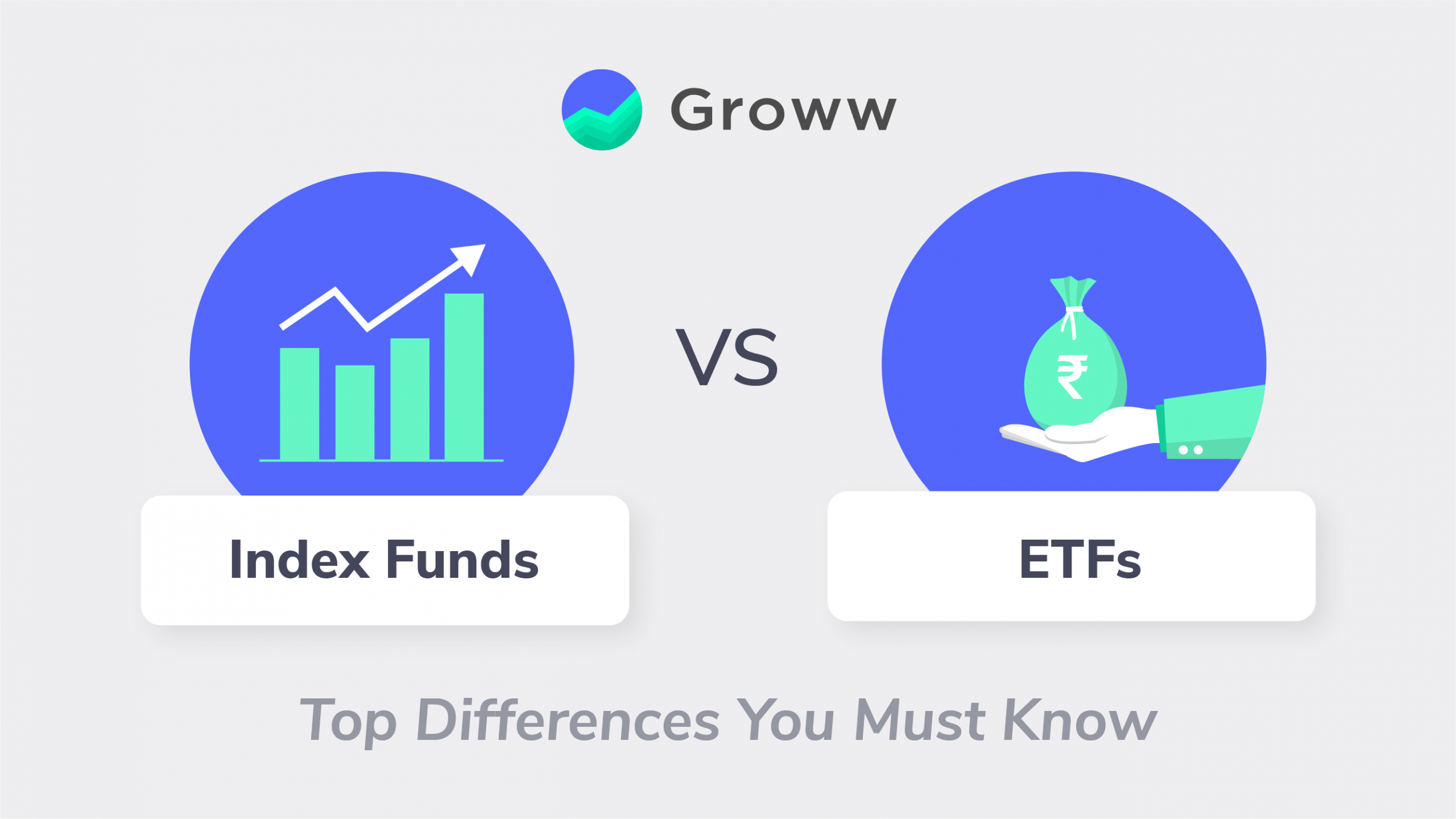etf vs managed fund
Of the two options as the leading actively managed. Actively managed equity mutual funds charged an average of around 074.
 |
| Etf Vs Managed Funds Betashares |
Like traditional managed funds active ETFs give investors the opportunity to beat the market by tapping on the knowledge and experience of financial professionals.

. As compared to actively managed mutual funds both ETFs and Index Funds have lower expense ratios which means the fee charged by. Another major difference between active ETFs and actively-managed mutual funds relates to transparency. The primary difference between the investments is the access mechanism. ETF fees are often lower than mutual fund fees.
For example a managed fund that offers investors. ETFs tend to be passively managed whereas mutual funds tend to be actively managed. Similar Vanguard Managed Funds. Just like their passive counterparts most active ETFs publish their.
The long-term performance for example 5 to 10 years. These five points define the similarities between these funds. Unlike investing in individual shares or ETFs a managed fund is managed. Each fund will usually employ a fund manager and a team of.
Compare the funds performance to index funds that invest in the same asset class or similar. The legal structure of both ETFs and managed funds is a trust. It holds assets like stocks commodities bonds and trades close to its net. Both active ETFs and managed funds rely on the skills.
Its often the case that a managed fund will be created first and then an ETF version of the product will be launched sometime later to provide easy access to investors wanting to buy via. Performance Results for Eight Popular Vanguard ETFs vs. Mutual funds offer a wide variety of actively-managed fund options while ETFs tend to have more passively-managed options. As Exchange Traded Funds ETFs have lower expense ratios than the Actively Managed Funds an investor would tend to prefer an ETF over its actively managed.
ETFs are by definition exchange-traded which in Australia means they are traded on the ASX. The first one to consider is the cost. Most ETFs are index funds sometimes referred to as passive investments including our lineup of nearly 70 Vanguard index ETFs. Equity index ETFs charged an average.
The focus of the ETF or managed fund could be on anything from global equities a local equities fund or emerging markets. Each financial year unit holders receive all the. Advantages of managed funds. The main advantage of ETFs is that they generally cost less than managed funds and significantly less than buying direct shares.
A mutual fund could also be a suitable investment. The underlying assets are owned by the trustee on behalf of the unit holders. Equity index funds charged an average expense ratio of 007. This is because active.
Both ETFs and managed funds can track an index or be actively managed by professional investors. Compare managed funds and look at. Now lets look at how each fund pair performed over one three and five year periods. An exchange-traded fund ETF is an investment fund traded on stock exchanges much like stocks.
For their index-tracking funds the Vanguard Personal Investor platform offers you the choice of using a managed fund or an ETF. Difference In Expense Ratio. ETFs vs managed funds.
:max_bytes(150000):strip_icc()/dotdash-brief-history-exchange-traded-funds-Final-8e1efa04117a4bc5839dc50fd219e38c.jpg) |
| A Brief History Of Exchange Traded Funds |
 |
| Etfs Vs Mutual Funds Which One Is For You Joshua Kim |
 |
| Adrisse Vet Which Are Better Etf Or Mutua Fund Etf Trading Definition |
 |
| Etfs Set To Overtake Mutual Funds As Passive Vehicle Of Choice Financial Times |
 |
| Are Index Funds Better Than Actively Managed Mutual Funds Finpeg Blog |
Posting Komentar untuk "etf vs managed fund"